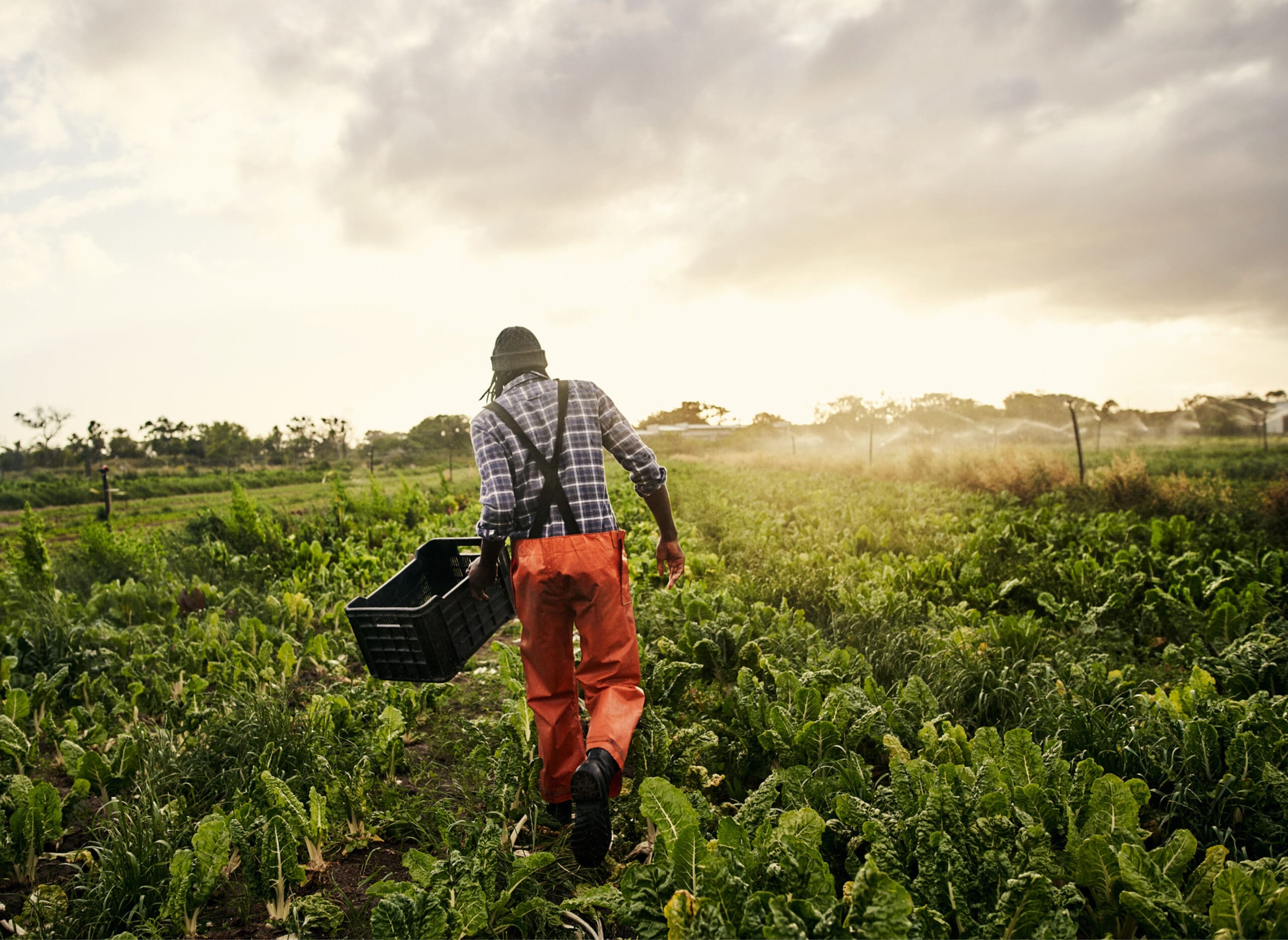Halifax/Kjipuktuk—Today, the Canadian Centre for Policy Alternatives-Nova Scotia (CCPA-NS) released the report, Cooking, Cleaning, and Caring: COVID-19, Essential Labour and the Experiences of Immigrant and Migrant Women in Nova Scotia. It is a detailed look at the experiences of migrant and immigrant women’s working conditions in low-wage essential sectors in Nova Scotia before, during, and following the most acute periods of the COVID-19 pandemic.
“The report draws on the experiences of migrant and immigrant women in Nova Scotia who work in sectors that are vital for society and yet chronically undervalued. The devaluation of specific kinds of essential work is far from new. It reflects a labour market that sees women, particularly racialized women, often limited to low-wage jobs despite impressive educational credentials from their home country. They lose when we do this, and so does our society when they do not get to fulfill their full potential contribution,” says co-author Dr. Catherine Bryan, Associate Professor at Dalhousie University and Research Associate with the CCPA-NS.
“What is revealed through our interviews with migrant and immigrant women in Nova Scotia is that those conditions that perpetuate disadvantage were intensified, relegating them to low-waged sectors, and a heightening of physical, mental, and emotional vulnerabilities, as the work they performed became riskier and more dangerous during the height of COVID-19,” says co-author María José Yax-Fraser, PhD Candidate York University.
As Yax-Fraser further says, “One of the key recommendations in the report is a wholesale re-orientation to immigration that would provide permanent residency to all workers and migrants, regardless of skills, training, or financial resources, enabling access to the full range of social services and supports once they arrive.”
Both authors share, “We sincerely want to thank the immigrant and migrant women who shared their personal, work, and migration experiences with us including what life in all spheres was like for them and their families during the height of COVID-19. For many of them, participating in this study was a way to contribute to creating a more welcoming community for new immigrants in Nova Scotia. We hope the findings and recommendations will honour their contributions.”
Christine Saulnier, Director of CCPA-NS, underlines the importance of this report’s contributions, “This report outlines a series of recommendations intended to improve the conditions of work experienced by migrant and immigrant women, and to redress the systemic roots of those conditions, including the need to implement anti-racist approaches to credential recognition and labour market inclusion, as well as strengthening regulation of labour standards and wages, particularly in sectors where low wages and high profits have become the norm. There is a need also to re-evaluate what constitutes “skilled” or “highly skilled” labour and the value of the essential work of caring, food provisioning, and cleaning.”
-30-
For more information or to arrange an interview with one of the co-authors, contact Lauren Matheson, at 902-579-9555 (cell) or lmatheson@policyalternatives.ca
The CCPA-NS is an independent, non-partisan research institute concerned with social and economic justice issues and environmental sustainability.


